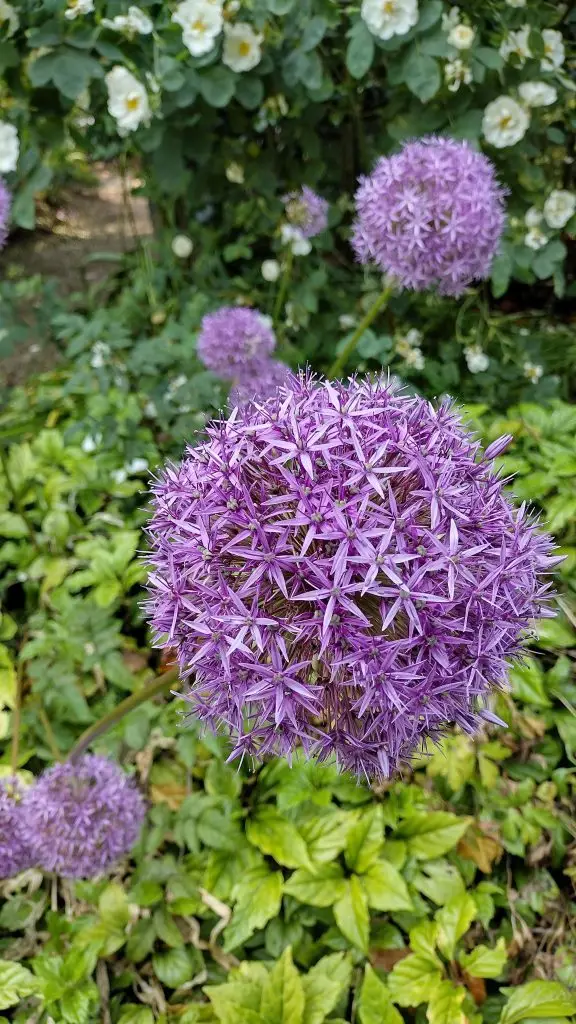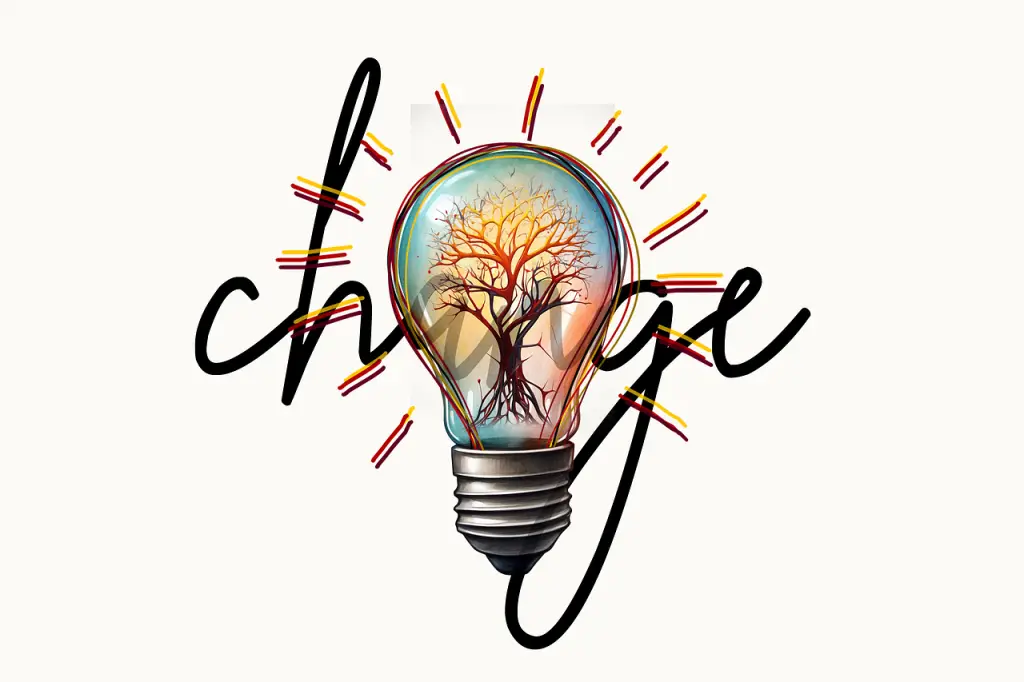| Getting your Trinity Audio player ready... |

Change
Adopting a growth mindset is all about change, and change can be scary, depending on how you have learned to approach change. How you think about learning, which always involves change, will have a huge impact on whether or not you take on new ideas and use them to grow, or dismiss them and stick with your current situation. It’s okay to dismiss new ideas that don’t work, otherwise we’d all be driving around in Sinclair C5’s now, but, you want to stay open to new ideas and consider them first before deciding if they work for you or not.
This article is stuck to the top of the articles section of this website, because without being open to change you are unlikely to stretch away from your current worldview, and adopt new ideas, especially if the new ideas are alien to you, or challenging to what you already know. To really embrace change, in all aspects of life, you need to develop a growth mindset.
Mindsets
Research by Stanford Professor, Carol S. Dweck, became the book Mindset. It is one of the key texts I recommend in the Guides section of this website, so this article is not a review of the book, or an in depth look at it’s findings. All you need to know here, and before approaching any new knowledge, or task, is that you CAN learn and change. Anyone can.
You will find that in life we either approach challenges, (learning anything new is a challenge), with a growth mindset that is open to learning, or with a fixed mindset that is closed to learning. These two mindsets operate in all of us to varying degrees, but without examination of which learning style you operate from, it can be difficult to see why you are either making, or not making, progress in your life.
Do I have to make progress? Technically no, you don’t. The whole message of this website is that you already have, are, and will always be, everything you are looking for. You have the peace and freedom already.
BUT, and its a big but too, no pun intended! If you are not someone who is already feeling that sense of freedom and peace in your life, then you probably need to change how you are thinking. Bringing us back to change, learning, and your learning style, your mindset.
Freedom Is For Anyone
When you think about yourself, about your spiritual enlightenment, about achieving a sense of lasting peace in your life, regardless of the inevitable highs, and sometimes terrible lows, of life on earth, how do you think about this deep down? Read the four statements below and answer honestly, from your gut and heart, which statements you mostly agree or disagree with?
- Anyone, including yourself, is capable of achieving spiritual enlightenment1 and freedom and achieving lasting peace.
- Achieving spiritual enlightenment is only for those people who have been chosen to receive this gift, or are special in some way.
- You can learn to change your thinking, and this helps, but it won’t bring spiritual enlightenment and lasting peace.
- You can change your thinking completely, and break free from old ways, to achieve spiritual enlightenment, and lasting peace.
These statements are adapted from Dweck’s four questions in chapter one of Mindset. You will know from your feelings if you are answering them honestly. If you mostly agree with statements 2 and 3, then you will never find peace and freedom, because you have a fixed view of spiritual growth and freedom.
You believe someone has to be born special, or anointed by God, or gods, to achieve this state. You likely see this state as something magical. You want it, but deep down you know it won’t be yours, or that you aren’t good enough in some way to be enlightened. Despite this, you may spend your whole life searching for enlightenment. Depending on how fixed your mindset is, you may achieve happiness in many areas of your life, while still feeling behind it all a burdening sense of lack, and meaninglessness. Or, you may spend your life forever seeking, but never getting anywhere that feels free or peaceful, while your life goes down the tubes through poor health, or broken relationships, or lost opportunities, or all of the above, or some other misfortune.
Alternatively, if you are drawn to, and mostly agree with, statements 1 & 4, then you see spiritual enlightenment as something open to anyone. You are viewing it with a growth mindset, and will see it as a path, a journey which we can all step onto, if we make a decision to stop, and look around, and decide to think differently. Depending on how open you are to seeing enlightenment as for anyone, not just preordained sages, prophets and gurus, will affect how quickly you adopt habits, and ways of thinking, which have been developed to transform your current habits and ways of thinking.
The Freedom Mindset
Freedom, (another word for enlightenment), is a choice. It is open to anyone and everyone. Viewing it this way, with a growth mindset, takes a lot of the pressure away from the changes required. You don’t have to become some superhuman, or have a brain transplant, or be an expert in transcendental meditation, or consume masses of psychedelics at a shaman’s side, to reach a place of freedom.
So, anyone can learn anything, which makes anything possible for you. But what if you agreed with statements 2 and 3 and you do feel inside that enlightenment is impossible, without some divine touch, or endless meditative practice, or endless retreats and soul searching?
The good news is you are not stuck with a fixed mindset, you can, by becoming aware of this tendency and working on it, change it to a growth mindset. How to do this is a large part of the subject of Mindset, but know here that you can do this, just be open to that fact and the research that backs it up. Most of your mindset is learned, usually in your childhood, and then reinforced throughout life by confirmation bias – essentially finding reasons why it must be true.2 This means it can be unlearned, rewritten, re-mapped. First though, you have to believe this kind of learning is possible. A growth mindset is essential to reaching freedom.
A Journey Not A Destination
Take the pressure of yourself further by stopping thinking of enlightenment, or a life of freedom, as a point in space where you reach, a destination like some heaven, or nirvana, where all is well. It’s a journey, experienced in the here and now, while also holding the infinite. Life always throws curve balls, and enlightenment often means getting better at processing the hard times, seeing them differently, not stopping them from affecting you at all, more being able to accept them for what they are, your experience right now.
You don’t have to be a Buddha gaining enlightenment in an instant. For everyone there are learning posts with enlightenment, and like any new learning it will have false starts and require you to redouble your efforts at times, though always with the paradox that it is by reducing your efforts, or at least the importance you place on effort, that is one of the keys. This is the growth mindset way to learn.
Use The Roadmap if it helps, but don’t rely on it, or see it as an exact process to follow, where in Stage 7 you are all happy. Freedom is an ongoing process, a journey, but not a journey where you are looking for anything, or trying to get anywhere, rather a journey where you are marveling at the landscape of which you are an integral part.
Why Not?
Maybe you think applying scientific research into growth mindsets and fixed mindsets is too clinical, too logical, too scientific approach to what is essentially a spiritual path? Then believe that if you want. I don’t claim any truth, any perfect way, but this is a way that has worked for me. And, I ask you, why not? Who has said that enlightenment has rules?
Look at the obvious – look at what you feel and believe, and this includes about big concepts like enlightenment. If you believe it is just for others then it will be always for others. But it is most definitely within everyone, right here, right now. Take a growth mindset view and enjoy the journey.

- Though I don’t like the word enlightenment I use it here to provoke a true feeling as you read these statements. We all have a view on enlightenment, where alternative words like freedom or awareness may not have the same effect. For a discussion of why I don’t like the word enlightenment read this article. ↩︎
- Confirmation bias could affect your adult views on enlightenment by learning as a child that for example there is no point in believing alternative ways of viewing reality because everyone around you says the world is a certain way – whether religiously explained or explained through science makes no difference. (See Stage 1 & Stage 2 of The Roadmap) This is reinforced through repeated evidence and conversations with others in adulthood. The idea of enlightenment, being an alternative view of reality now becomes part of the same learning and the enlightened baby gets thrown out with the learned bathwater. ↩︎




